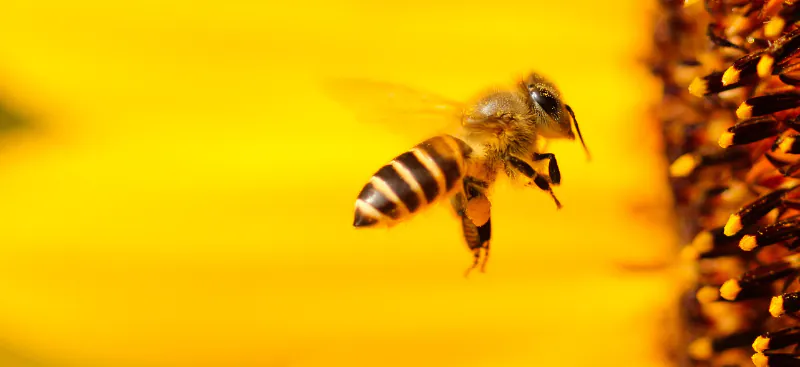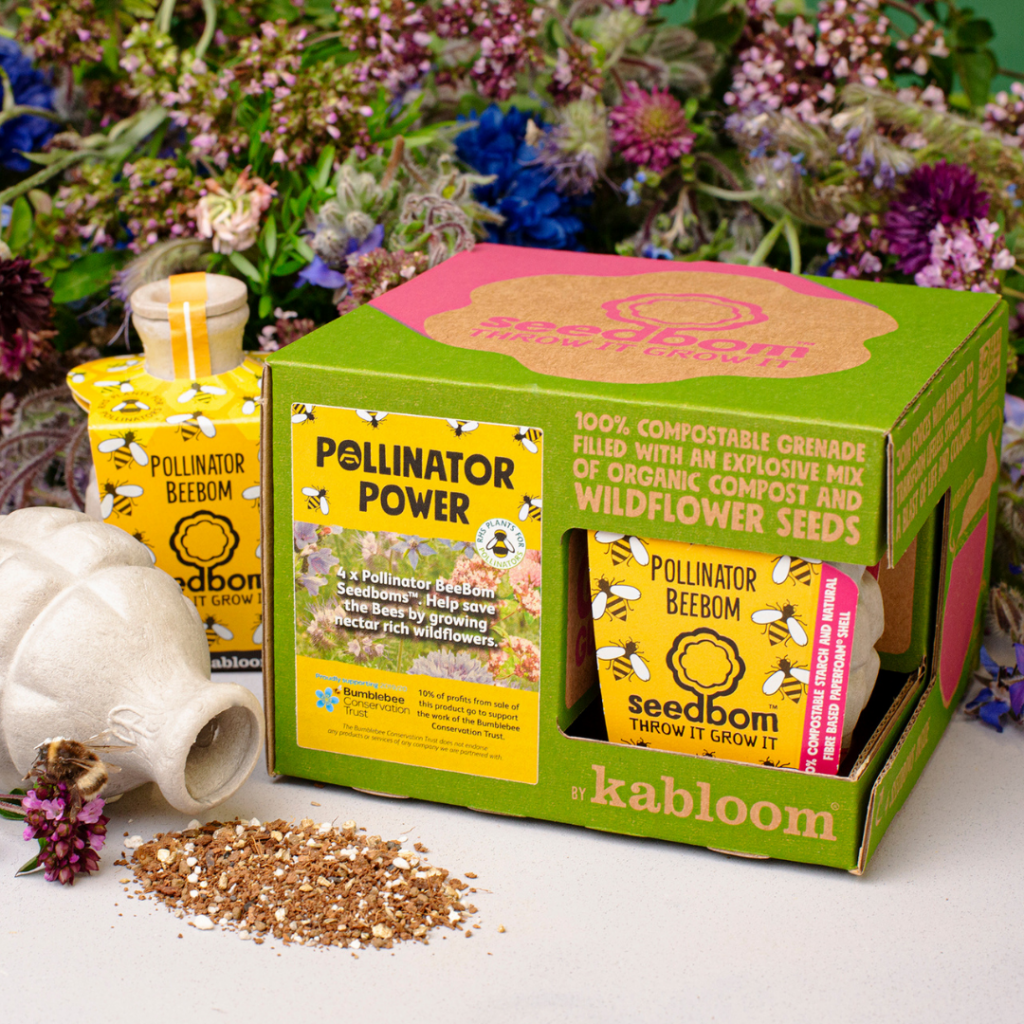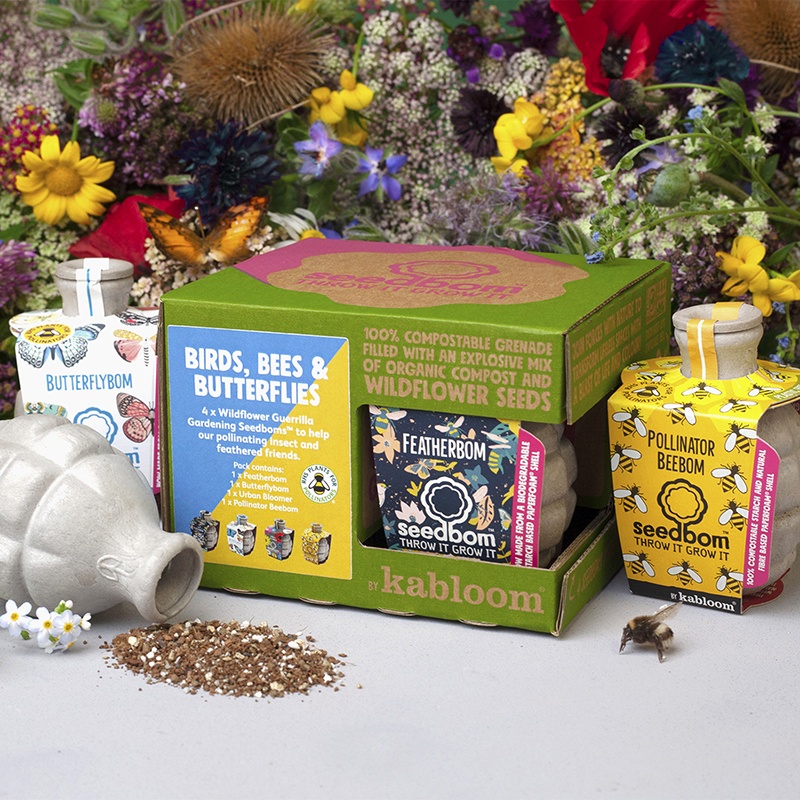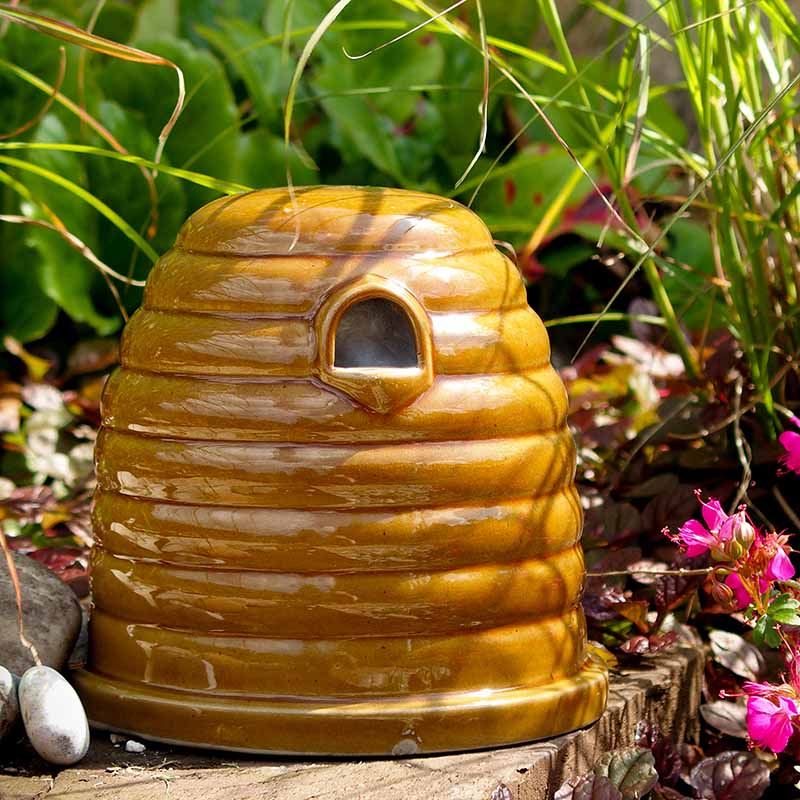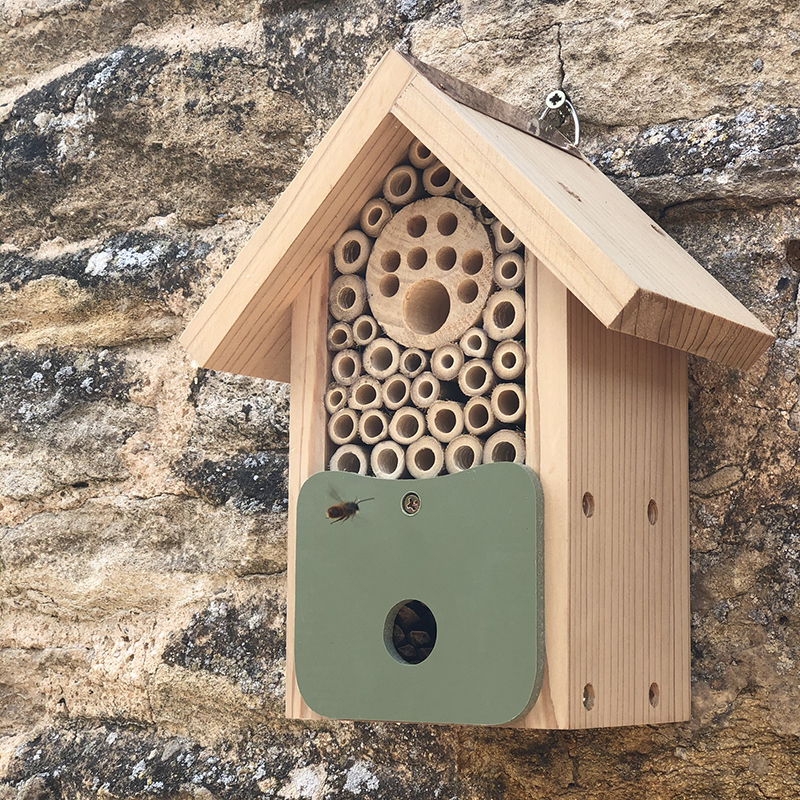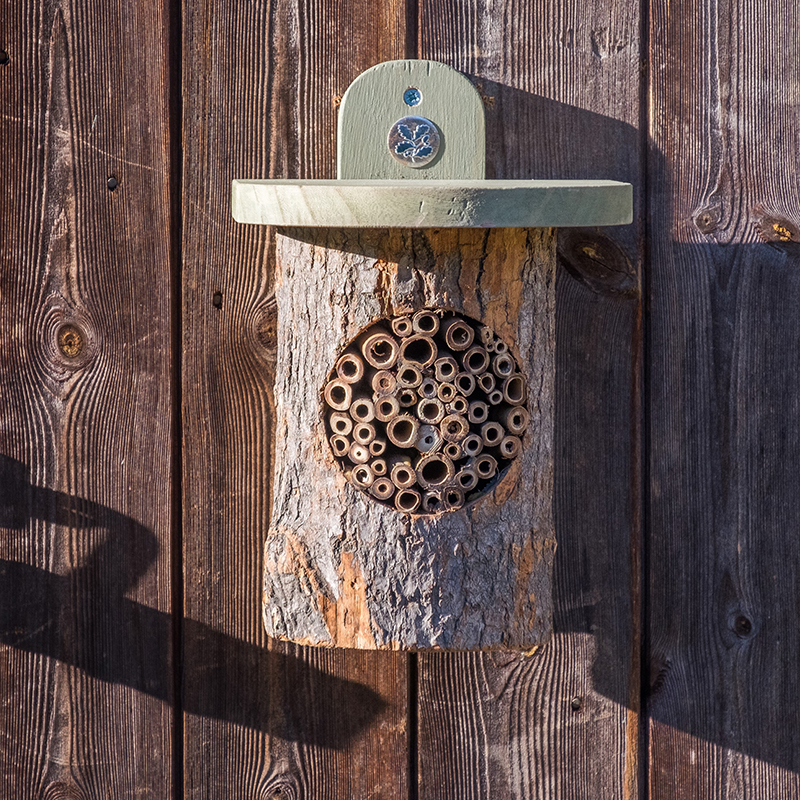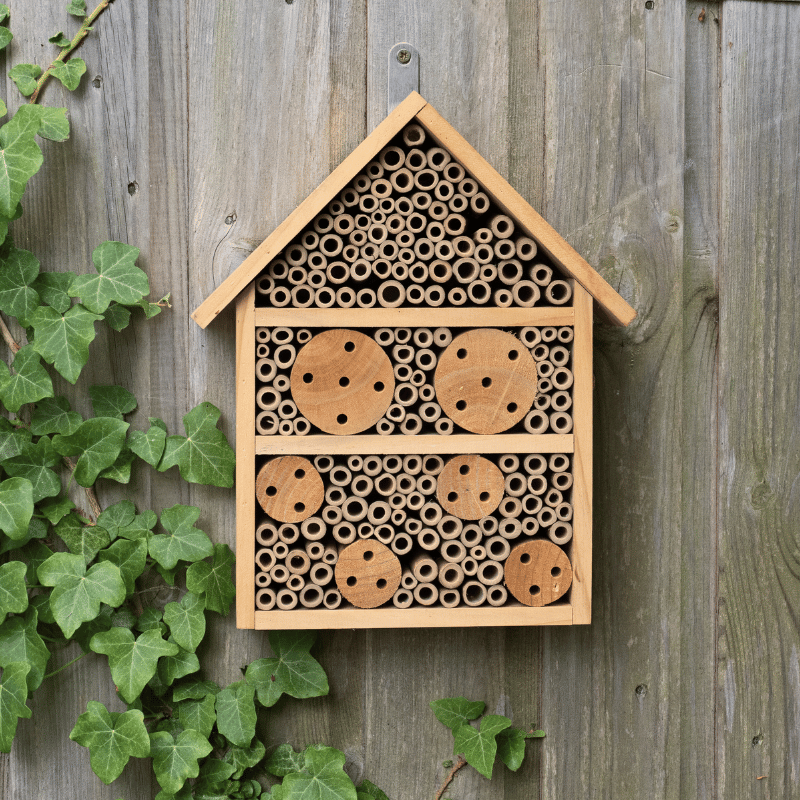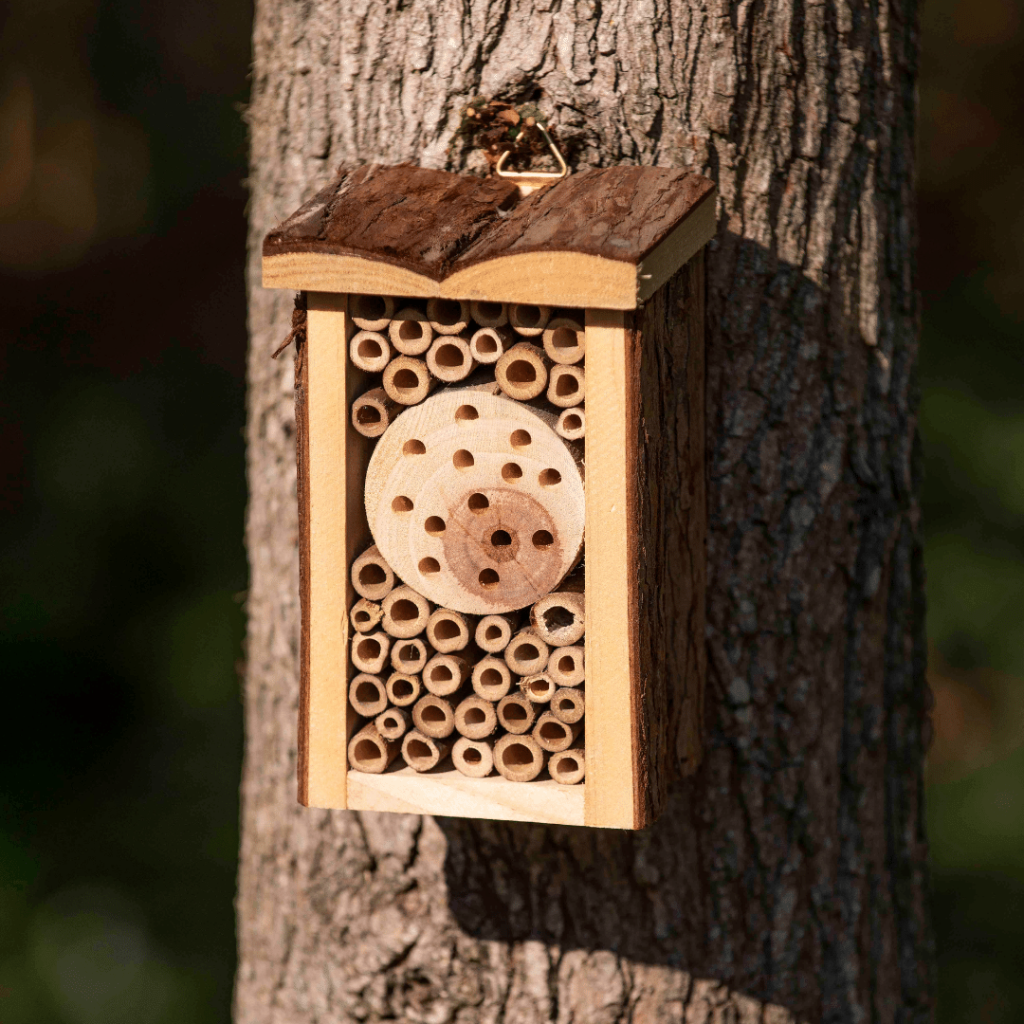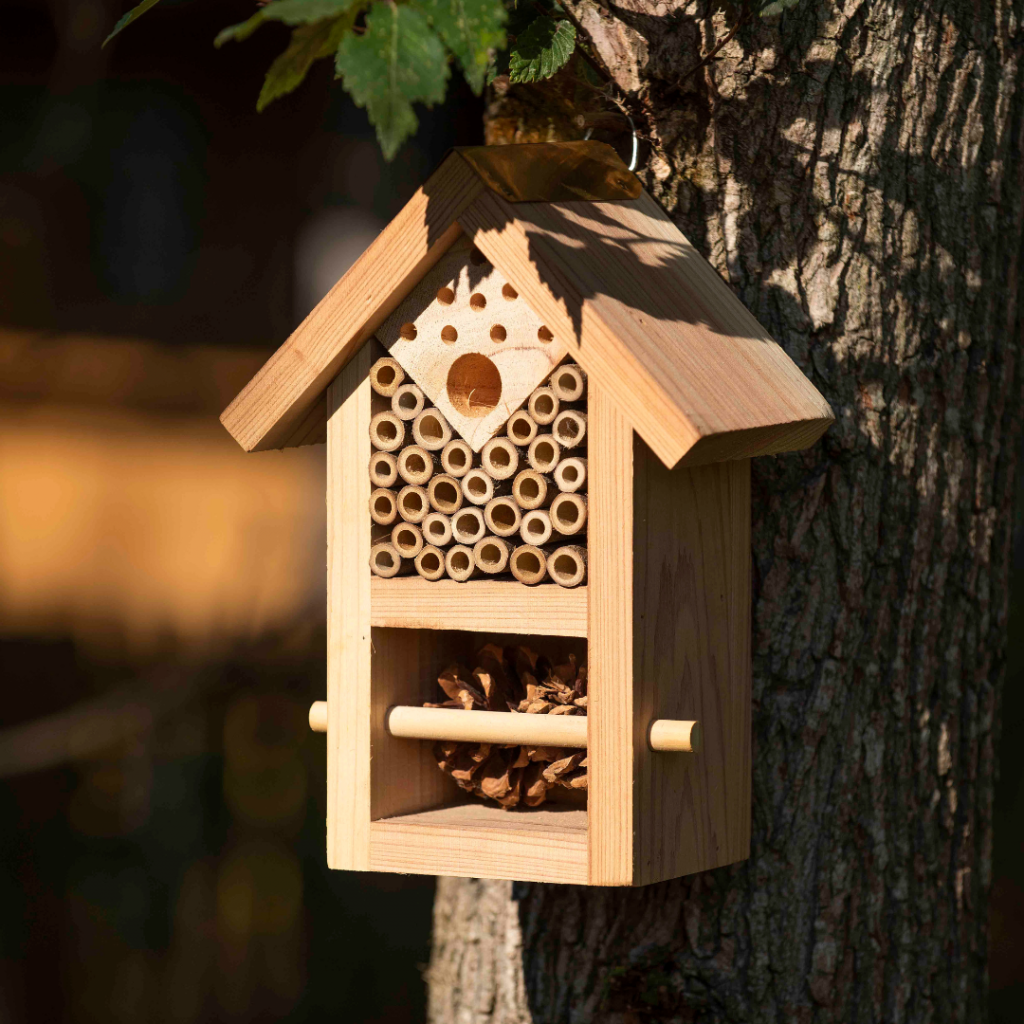Why Do We Need to Save Bees?
Bees are often regarded as small insects buzzing around flowers, but their significance goes far beyond their size. The food we eat, the air we breathe, and the medicines that cure our illnesses, bees support us in our everyday lives in more ways than you think. Sadly, these incredible insects are now facing a concerning decline in numbers worldwide. Here we find out exactly how bees play a crucial role in maintaining the balance of our ecosystem and how we can play our part to save bees.
Why are bees important?
Almost 90% of plant species rely on pollinators to survive, and with honey bees alone being responsible for 80% of pollination worldwide, you can start to assemble an idea of why bees are so important to our planet.
But let's build a bigger picture of just how much we lean on our busy pollinators.
Bees help plants survive, so plants can:
- source 80% of the food we eat
- produce over 90% of the oxygen we breathe
- provide ingredients to life-saving medicines
- counteract global climate change by absorbing CO2
- supply food and shelter for birds and wildlife
- keep our waters clean by absorbing carbon dioxide and expelling oxygen
Why are bees disappearing?
The wild bee population in Europe is declining at an unprecedented rate. Out of 2000 bee species, nearly 1 in 10 are facing the threat of extinction. Despite this terrifying statistic, there are currently no laws or legislation to protect them in the UK. Sadly, humans hold the primary blame for why bees are disappearing and here are the main reasons why.
Habitat loss
Intensive urban development has caused a decline in pollinator-friendly habitats our wild bees once thrived off. Since World War II, we've lost 97% of our wildflower meadows, leaving our bees to become more dependent on protected wildlife sites. However, government figures show that only 6% of the UK's protected habitats are in “favourable conditions".
Climate Change
Since the Industrial Revolution, the planet's average temperature has risen by around 1°C. This may not seem much, but with an increase of just 1°C, it has already resulted in extreme weather events, which are more threatening to life and livelihoods.
As the winter months become warmer and wetter seasons shift, it has affected plants' flowering cycle, causing them to blossom at different times from when bees are active. This would mean the bees have less food, and plants don't get pollinated.
Pesticides
Since leaving the EU, The UK has approved the usage of ‘thiamethoxam’, a pesticide that is poisonous to bees. The chemical contains neonicotinoids, which attack pollinating insects' central nervous systems. Once a plant absorbs the pesticide, bees and other insects will attempt to pollinate it but will instead become paralysed and die.
What happens if bees go extinct?
If all of the world's bees died off, it doesn't necessarily mean extinction for humans, but it would provoke widespread hardship and increase starvation.
The plants that rely on natural pollination would decline and possibly become extinct along with the bees. Apart from saying goodbye to the obvious — honey — some nuts and beans that rely on bees would permanently disappear. Fruit such as blueberries and cherries would become a luxury as 90% are dependent on honeybee pollination. Wild animals that rely on pollinated plants would struggle to find food sources, so their numbers would decline as well. The effect of a plant shortage would continue down the food chain until all life on earth has been impacted.
With certain foods becoming in high demand, many types of meat and fruits would be charged at a premium price. Without bees, it would cost UK farmers £1.8 billion a year to pollinate crops. Meaning our food would cost a lot more to produce, and the economy would suffer.
How to save bees
It goes without saying that bees need all the help they can get, and it is in our best interest to prevent further loss of their species. By making a few small changes to your garden or outdoor areas, you have played a crucial role in the survival of bees. Here are some items from our Bees & Bugs range that would transform your garden into a bee-friendly environment to help save bees.
Bee Food
Bees rely on garden flowers to enrich their diet and collect enough nectar and pollen for their livelihood. Invite them in with our Pollinator Beebom Seedbom! Our Seedboms contain Cornflower, Vipers Bugloss, Wild Marjoram, Red Clover, Borage & Phacelia. The RHS (Royal Horticultural Society) has given these plants the thumbs up and placed them on the 'perfect for pollinators' list. Not only will you have bright and beautiful nectar-rich flowers growing in your garden, but bumblebees and honey bees will love them!
Bee Hotels
Not all bees rely on the traditional hive made up of beeswax and honey. Some solitary species, such as bumblebees, seek shelter in small, well-insulated holes and crevices. You can provide them with a perfect safe place with our range of bee hotels!
How are we trying to save the bees?
Here on Ivel Valley Farm, we understand the importance of bees and respect the tremendous role they play in our ecosystem, which is why we formulate new strategies to support their species and increase their numbers.
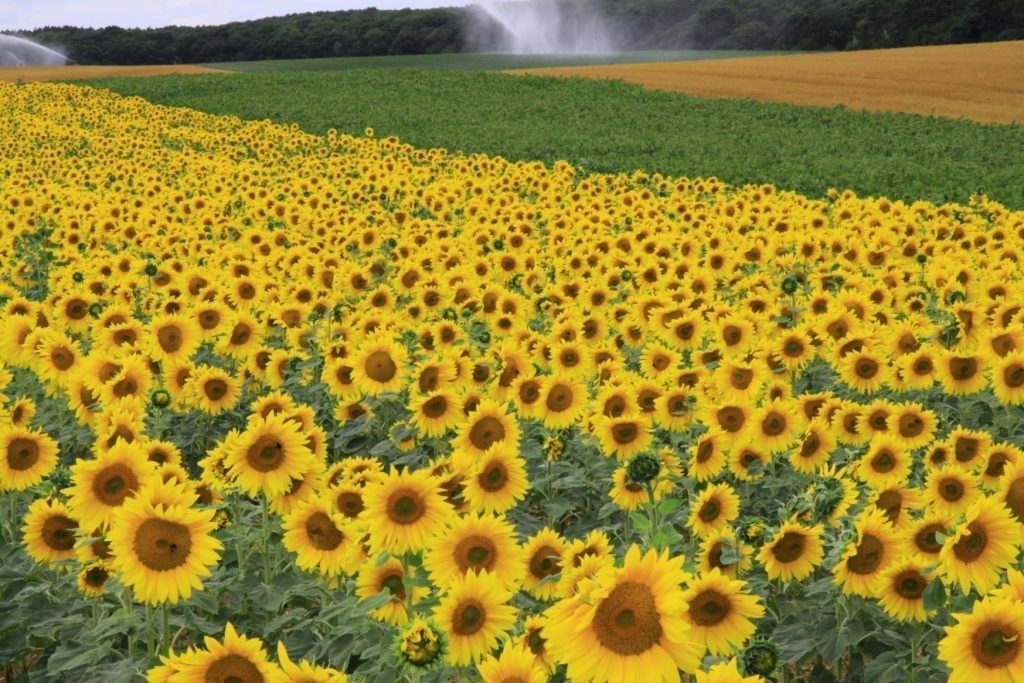
We do not use thiamethoxam
As mentioned previously, the use of the pesticide 'thiamethoxam' threatens the survival of bees. Even though it has been legalised in the UK, we still refuse to use it in our farming process. We strive to utilise alternative pesticides that are less harmful to pollinators.
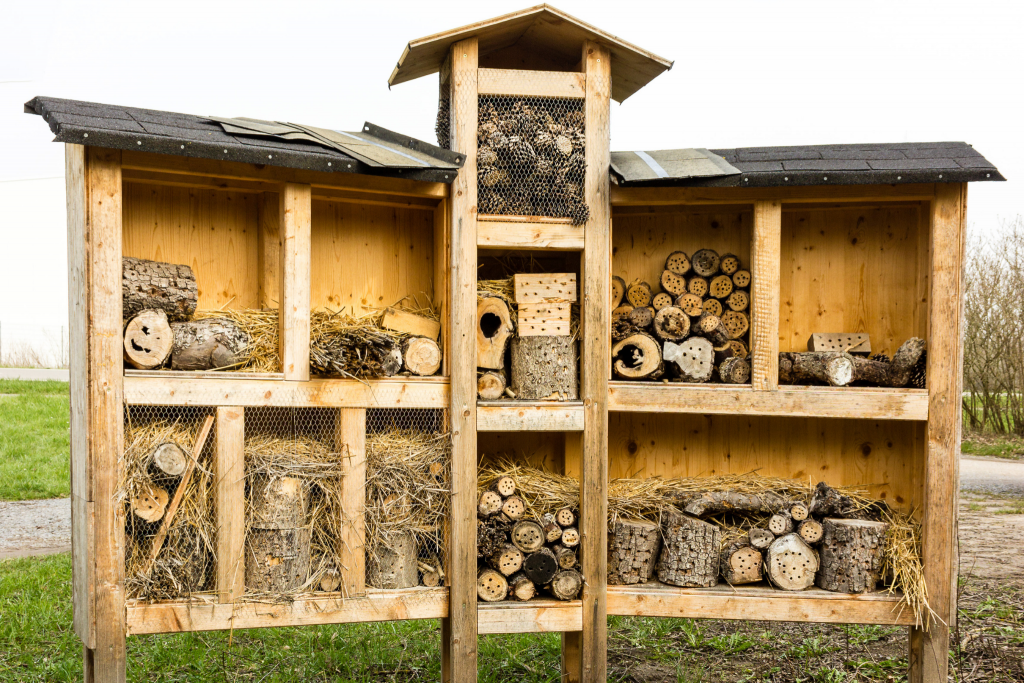
Bee boxes
Natural habitats for bees are declining due to intensive urban development. One way we are trying to combat this is by positioning bee boxes in designated areas across our farm in various fields. This is to provide a safe place and shelter for bees to nest.
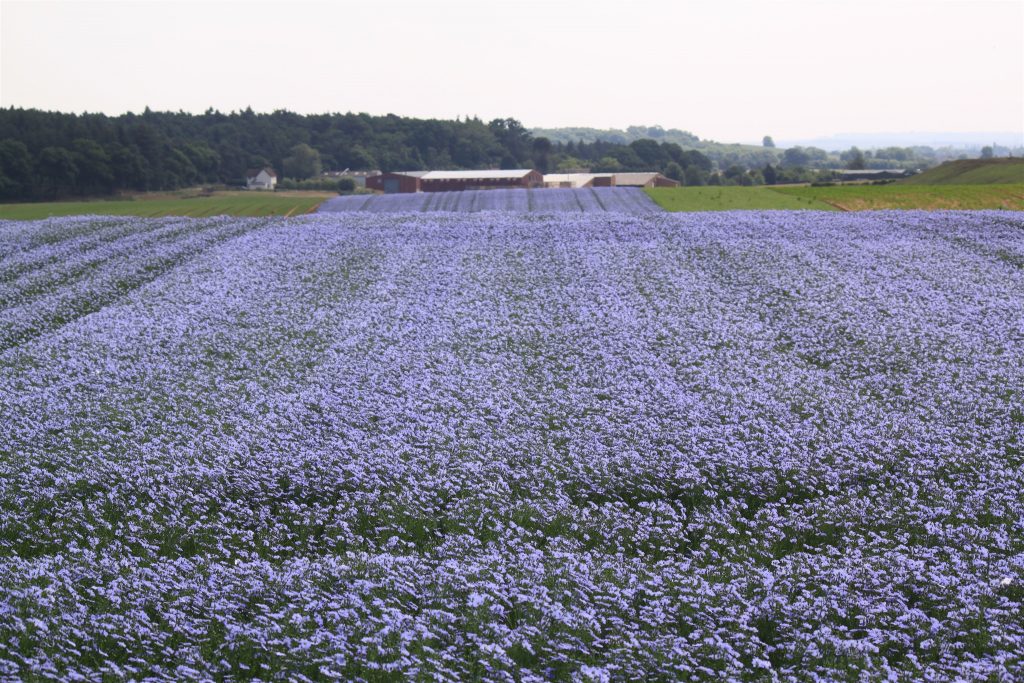
Phacelia
We have allocated a field to grow Phacelia tanacetifolia for the sole purpose of providing nectar and pollen to bees. This purple flower supplies masses of pollen and is extremely attractive to insects. It is also a great weed suppressor and can be grown in any garden.

